Nepal Ranks 108th in Transparency International’s Corruption Perceptions Index with Slight Improvement
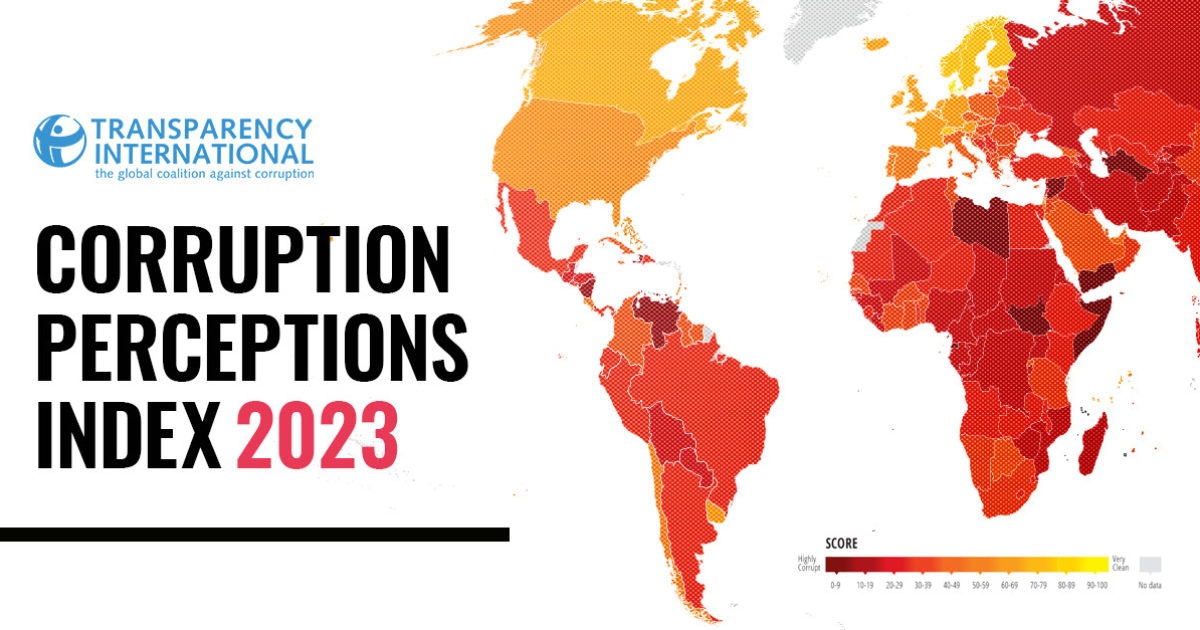
Kathmandu — In the recently released Corruption Perceptions Index (CPI) by Transparency International (TI), Nepal has secured the 108th position, signaling a modest improvement from its 2022 ranking at 110th. The report assessed 180 countries worldwide, showcasing Denmark as the least corrupt nation with a score of 90, followed by Finland, New Zealand, Norway, and Singapore.
Nepal’s score rose slightly in comparison to 2022, but it still reflects the challenges the country faces in curbing corruption. The TI report emphasizes that over two-thirds of countries scored below 50 out of 100, indicating serious corruption issues globally.
Nepal’s neighbors, India and China, secured the 93rd and 76th positions, respectively, highlighting the need for concerted efforts to address corruption in the South Asian region. Similarly other neighbors scores are Bangladesh 149, Pakistan 133, Afghanistan 162, Bhutan 24, Maldives 93.
The CPI report draws data from various sources, including the World Bank and World Economic Forum, and emphasizes the importance of strengthening justice systems to ensure accountability of public officials, thereby reducing corruption.
In the broader context of Asia, the report notes a lack of meaningful progress in curbing corruption. Singapore, Hong Kong, and Japan are recognized as jurisdictions with the cleanest governments in the region. However, the overall average score for Asia has stagnated at 45 out of 100 for the fifth consecutive year.
The report underscores concerns about authoritarian regimes and their correlation with low scores in the corruption index. Countries like Laos, Cambodia, Myanmar, North Korea, Syria, and Venezuela, with authoritarian links, are positioned at the lower end of the list.
China’s aggressive anti-corruption measures, involving punishment for over 3.7 million officials in the past decade, have been highlighted in the report. However, TI raises doubts about the long-term effectiveness of such measures, emphasizing the need for institutional checks on power.
The findings indicate a global challenge in addressing corruption, with many countries opting for short-term punitive measures rather than investing in long-term structural reforms. As Nepal aims for progress, the report serves as a reminder of the importance of sustained efforts to strengthen anti-corruption mechanisms and promote transparency in governance.






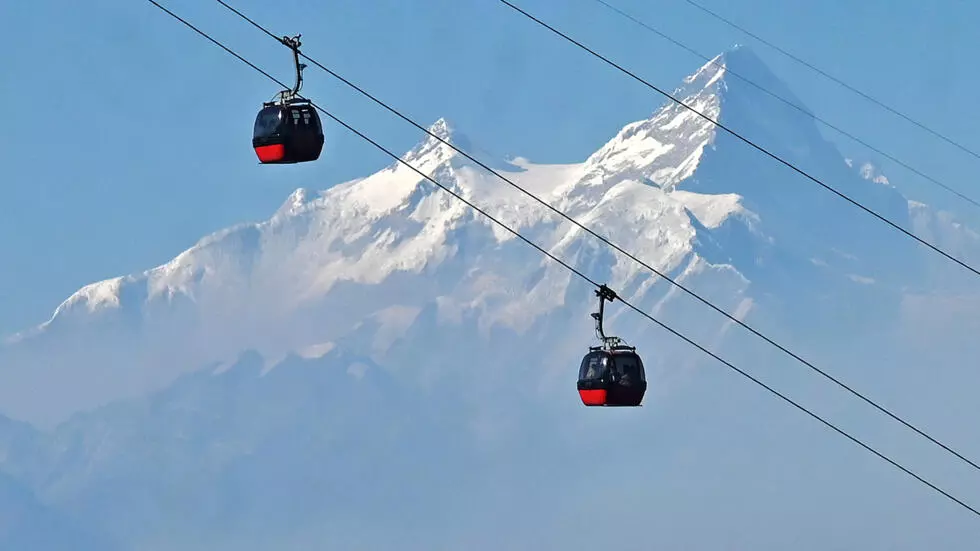
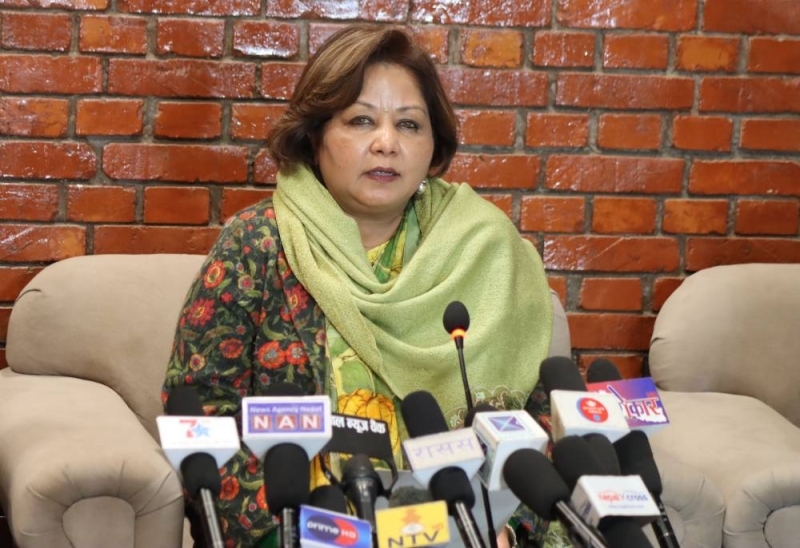


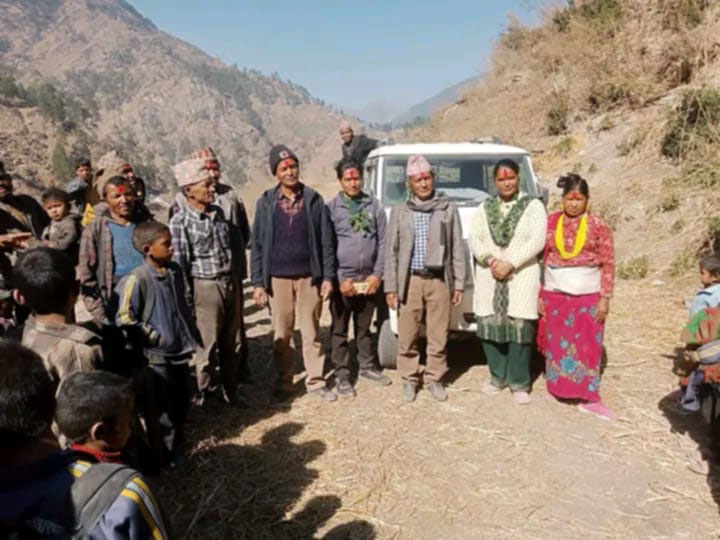
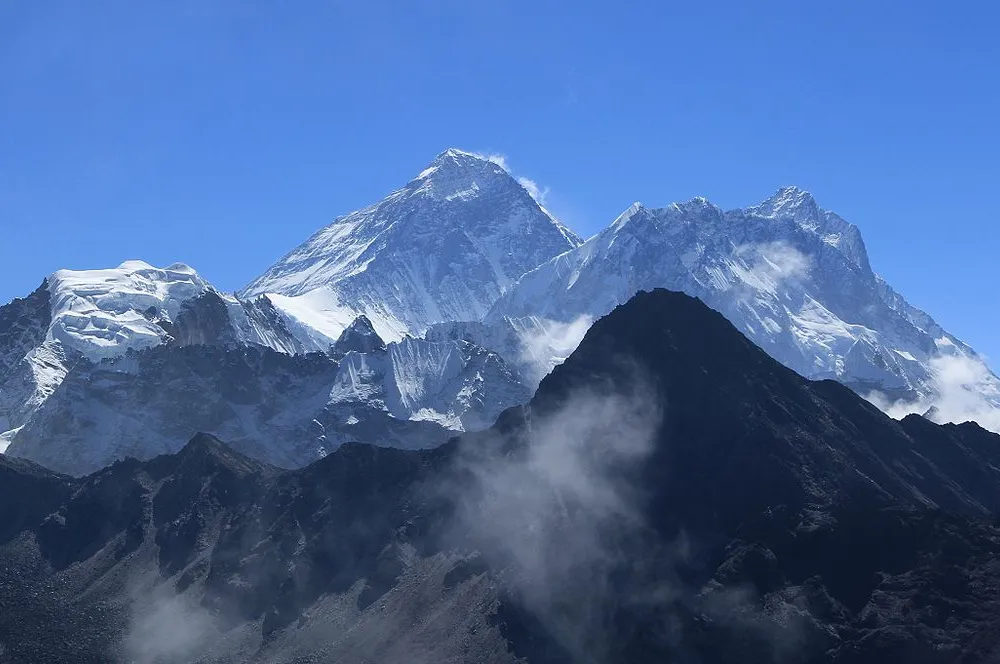







Facebook Comments